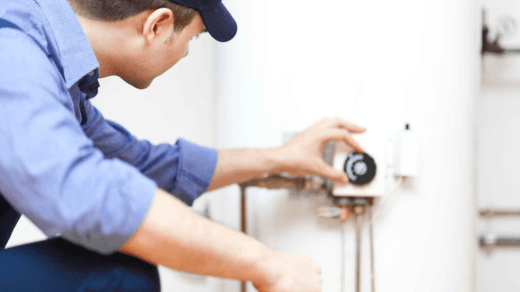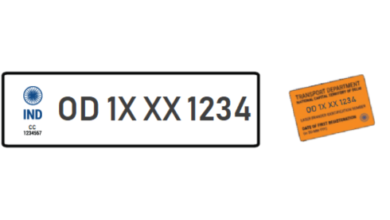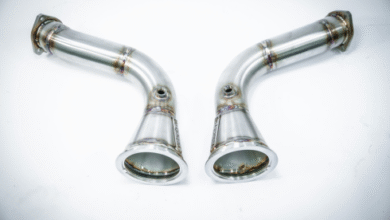Selecting the right water heater is an essential decision for any homeowner. From warming up a relaxing bath to ensuring hot water flows from your kitchen tap, the choice of your water heater directly impacts your comfort and energy costs. With so many options available, how do you know which one is best for your household needs? This guide is designed to walk you through the primary types of water heaters, each with its benefits and considerations, to help you make an informed choice.
Understanding Electric Water Heaters
Electric water heaters are among the most common choices. These units are powered by electricity to heat water and store it in tanks of various sizes. They offer a straightforward solution for households that require a reliable and steady supply of hot water.
Electric water heaters are often chosen for their ease of installation. They don’t require venting, unlike gas models, which makes them a flexible option for homes where space might be limited. Additionally, they can be installed indoors, making them a convenient choice for many homeowners.
On the downside, electric water heaters can be more expensive to operate over time compared to gas models. They rely entirely on electricity, which can lead to higher energy bills, especially if the water heater is not energy efficient. However, advancements in technology have led to the development of more energy-efficient models that can help mitigate these costs.
Benefits of Natural Gas Water Heaters
Natural gas water heaters are popular for their cost-effectiveness and efficiency. These units heat water using natural gas, which tends to be cheaper than electricity, offering potential savings on utility bills.
One significant advantage of natural gas water heaters is their ability to heat water quickly. This means less waiting time for hot water, which can be particularly beneficial during peak usage times. They are also more energy-efficient, translating into lower operating costs over the long term.
However, they do require proper venting to expel combustion gases, which might necessitate additional installation considerations. If your home isn’t already equipped with gas lines, adding them could be costly. Despite these considerations, the efficiency and cost savings they offer make them a worthwhile option for many.
Exploring Propane Water Heaters
Propane water heaters operate similarly to natural gas units but use propane as the fuel source. They are a viable option for homes located in areas without access to natural gas.
These heaters are known for their quick heating capabilities, ensuring that hot water is readily available when needed. Propane water heaters also tend to be more efficient than their electric counterparts, providing potential savings on energy bills.
A factor to consider is the need for regular propane deliveries to keep your system running, as well as storage for the propane tanks. Despite these logistical considerations, the efficiency and performance of propane water heaters make them an appealing choice for many homeowners, particularly in rural locations.
Instantaneous Hot Water with Tankless Water Heaters
Instantaneous, or tankless water heaters, offer a modern solution to water heating. Unlike traditional models that store hot water in a tank, these units heat water on demand as it passes through the system.
This on-demand heating means you’ll never run out of hot water, no matter how many showers or appliances are in use simultaneously. Tankless water heaters are also more energy-efficient since they eliminate the energy loss associated with storing hot water.
Despite the advantages, tankless water heaters typically have a higher upfront cost compared to traditional models. Installation can be more complex, requiring professional services to ensure proper setup. However, their energy efficiency and unlimited hot water supply can provide long-term savings and convenience that many homeowners find appealing.
The Efficiency of Hybrid Water Heaters
Hybrid water heaters, also known as heat pump water heaters, combine traditional tank storage with a heat pump that captures heat from the air and transfers it to the water. This innovative design makes them one of the most energy-efficient options available.
The primary benefit of hybrid water heaters is their energy efficiency. They use significantly less electricity compared to standard electric models, which can lead to substantial savings on energy bills. Additionally, many models come with programmable settings, allowing homeowners to optimize their water heating to match their usage patterns.
However, hybrid water heaters require more space for installation due to their design. They also perform best in moderate to warm climates, where they can efficiently pull heat from the ambient environment. Despite these considerations, the potential energy savings make them an attractive option for eco-conscious homeowners.
Final Thoughts
Choosing the right water heater involves evaluating your household’s hot water needs, energy preferences, and budget. Each type offers unique benefits and challenges, from the cost-effective operation of natural gas units to the endless hot water supply of tankless systems.
Understanding the differences between electric, natural gas, propane, tankless, and hybrid water heaters empowers you to make a decision that aligns with your lifestyle and priorities. For those looking to reduce their carbon footprint, hybrid models provide an efficient alternative, while propane and natural gas units offer excellent performance for families requiring quick, reliable hot water.
The right water heater can significantly enhance your home’s comfort and energy efficiency. By considering the features, advantages, and limitations of each type, you can select a system that meets your requirements and supports sustainable living. Explore your options and consult with professionals from trusted companies like George Morlan Plumbing to ensure that your choice of water heater aligns with both your immediate needs and long-term goals.





